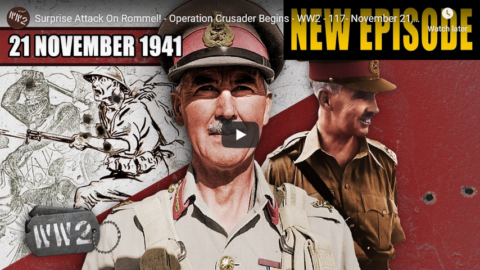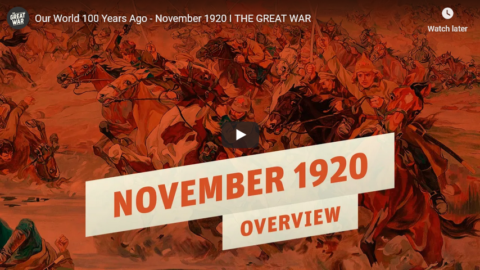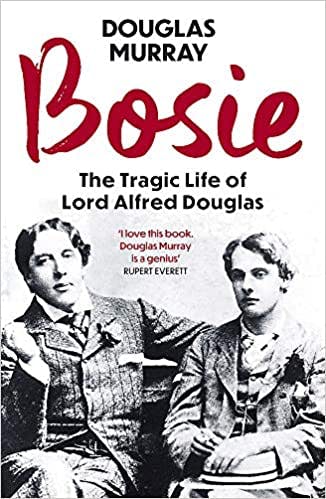World War Two
Published 21 Nov 2020The long planned Allied Offensive in North Africa — Operation Crusader — begins, but the Allies are worrying about how to defend Singapore in case of Japanese aggression. The Germans renew their drive on Moscow, but their number one flying ace perishes, a major PR hit.
Join us on Patreon: https://www.patreon.com/TimeGhostHistory
Or join The TimeGhost Army directly at: https://timeghost.tvFollow WW2 day by day on Instagram @ww2_day_by_day – https://www.instagram.com/ww2_day_by_day
Between 2 Wars: https://www.youtube.com/playlist?list…
Source list: http://bit.ly/WW2sourcesWritten and Hosted by: Indy Neidell
Director: Astrid Deinhard
Producers: Astrid Deinhard and Spartacus Olsson
Executive Producers: Astrid Deinhard, Indy Neidell, Spartacus Olsson, Bodo Rittenauer
Creative Producer: Maria Kyhle
Post-Production Director: Wieke Kapteijns
Research by: Indy Neidell
Edited by: Miki Cackowski
Sound design: Marek Kamiński
Map animations: Eastory (https://www.youtube.com/c/eastory)Colorizations by:
Ruffneck88 https://commons.wikimedia.org/wiki/Ca…
Julius Jääskeläinen – https://www.facebook.com/JJcolorization/
Daniel Weiss
Adrien Fillon – https://www.instagram.com/adrien.colo…
Norman Stewart – https://oldtimesincolor.blogspot.com/
Spatacus OlssonSources:
Narodowe Archiwum Cyfrowe
Bundesarchiv
Australian War Memorial
Yad Vashem 143BO2
IWM E 6661, K 1261, A 3898, A 10499, FE 487, TR153, E 2384ESoundtracks from the Epidemic Sound:
Johannes Bornlof – “Death And Glory 2”
Johan Hynynen – “Dark Beginning”
Farrell Wooten – “Blunt Object”
Reynard Seidel – “Deflection”
Johannes Bornlof – “Last Man Standing 3”
Johannes Bornlof – “The Inspector 4”
Philip Ayers – “Under the Dome”
Max Anson – “Ancient Saga”
Johannes Bornlof – “Deviation In Time”
Jon Bjork – “Disposal”Archive by Screenocean/Reuters https://www.screenocean.com.
A TimeGhost chronological documentary produced by OnLion Entertainment GmbH.
From the comments:
World War Two
3 days ago
On December 7th we will cover the Japanese attack on Pearl Harbor in real time, minute by minute, as it happens … for five solid hours starting 0610 local Hawaiian time right here on this channel. Don’t miss it!And if you want a dose of WW2 action every day, then check out our day by day instagram coverage of the war right here: https://www.instagram.com/world_war_two_realtime/








